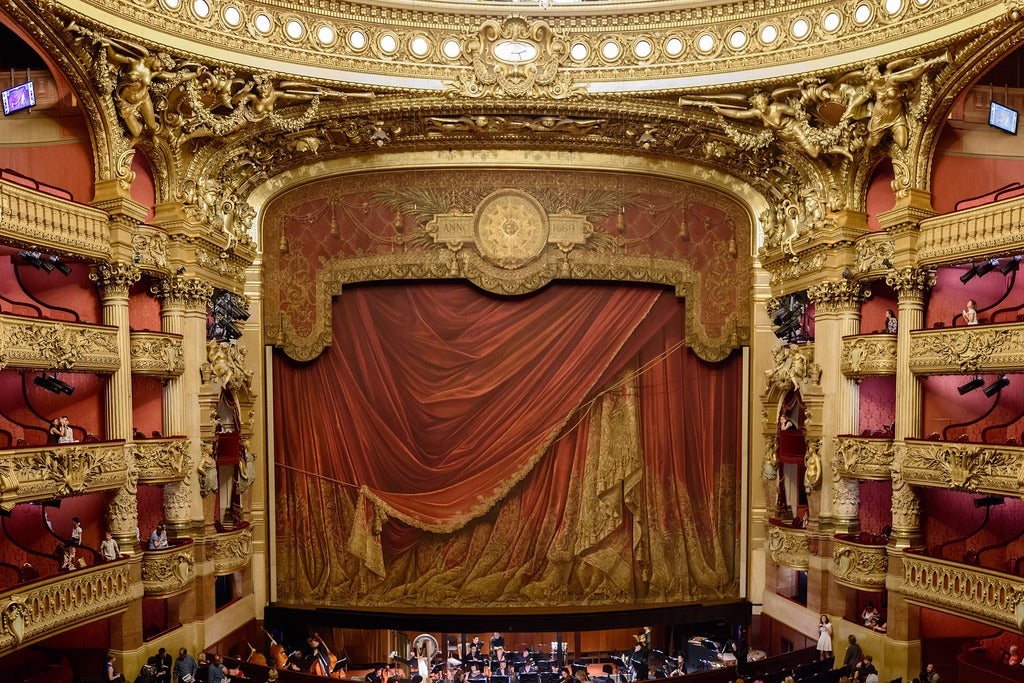At a time when the whole of Europe was obsessed by Romanticism, what nation did not dream of Italy? Goethe's Mignon sings of the Sicilian countryside where an orange tree in full bloom can be seen silhouetted against the sky; Stendhal and Heine led their readers down Florentine lanes or beside Roman fountains; Glinka, the first thoroughly Russian composer, went there to learn about singing, an art that could be nothing if not thoroughly Italian. The dilettantes agreed with him and flocked to Italy from as far afield as London and Paris, Vienna and Saint Petersburg to hear the exponents of bel canto. The only country to escape this furore was Italy itself. Its romanticism, which, like all romanticism is an expression of dissatisfaction and yearning, could hardly fly its own colours. Its artists dreamed of mist and rain and sought the dismal shores of Shakespeare and Schiller and the simple melodies written for the blue sea and the sky. At the beginning of 1835, Bellini's I Puritani, performed by four of the most celebrated singers of the time, La Grisi, Rubini, Tamburini and Lablache, enjoyed unprecedented success with its story of hopeless love and revenge set in 17th century England and conveyed by some of the most beautiful vocal writing ever. In Act II, Elvira appears, seized by madness and singing a melody of such heartrending purity that it might well have inspired Chopin in the writing of a nocturne. The vogue for I Puritani swept all before it, including Bellini himself, who died a few months later in a villa in Puteaux, in the throes of melancholia.
Cast and Creative team for I Puritani at Opéra national de Paris - Opéra Bastille
Laurent Pelly Stage director and costumes
Chantal Thomas Sets
Joël Adam Lighting
Patrick Marie Aubert Chorus master
Wojtek Smilek Lord Gualtiero Valton
Michele Pertusi Sir Giorgio
Dmitry Korchak / René Barbera (17, 19 déc.) Lord Arturo Talbot
Mariusz Kwiecien Sir Riccardo Forth
Luca Lombardo Sir Bruno Roberton
Andreea Soare Enrichetta di Francia
Maria Agresta Elvira
Videos

|
BENCHED
Rødovre Teaterforening - Viften (3/13 - 3/13) | |

|
Kleive & Reiersrud
Flekkefjord Kirke (4/26 - 4/26) | |

|
Dödlig Duett 1931
Aspenäs Herrgård (10/4 - 11/15) | |

|
Velká muzikálová show
O2 universum (10/7 - 10/7) | |

|
AVATAR: THE LAST AIRBENDER IN CONCERT
Oslo Spektrum (3/18 - 3/18) | |

|
TRYGVE SKAUG-#alltidpåtour
Brygga Kultursal (3/14 - 3/14) | |

|
ROMEO ET JULIETTE
LA COUPOLE (4/4 - 4/4) | |
| VIEW SHOWS ADD A SHOW | ||
Recommended For You


